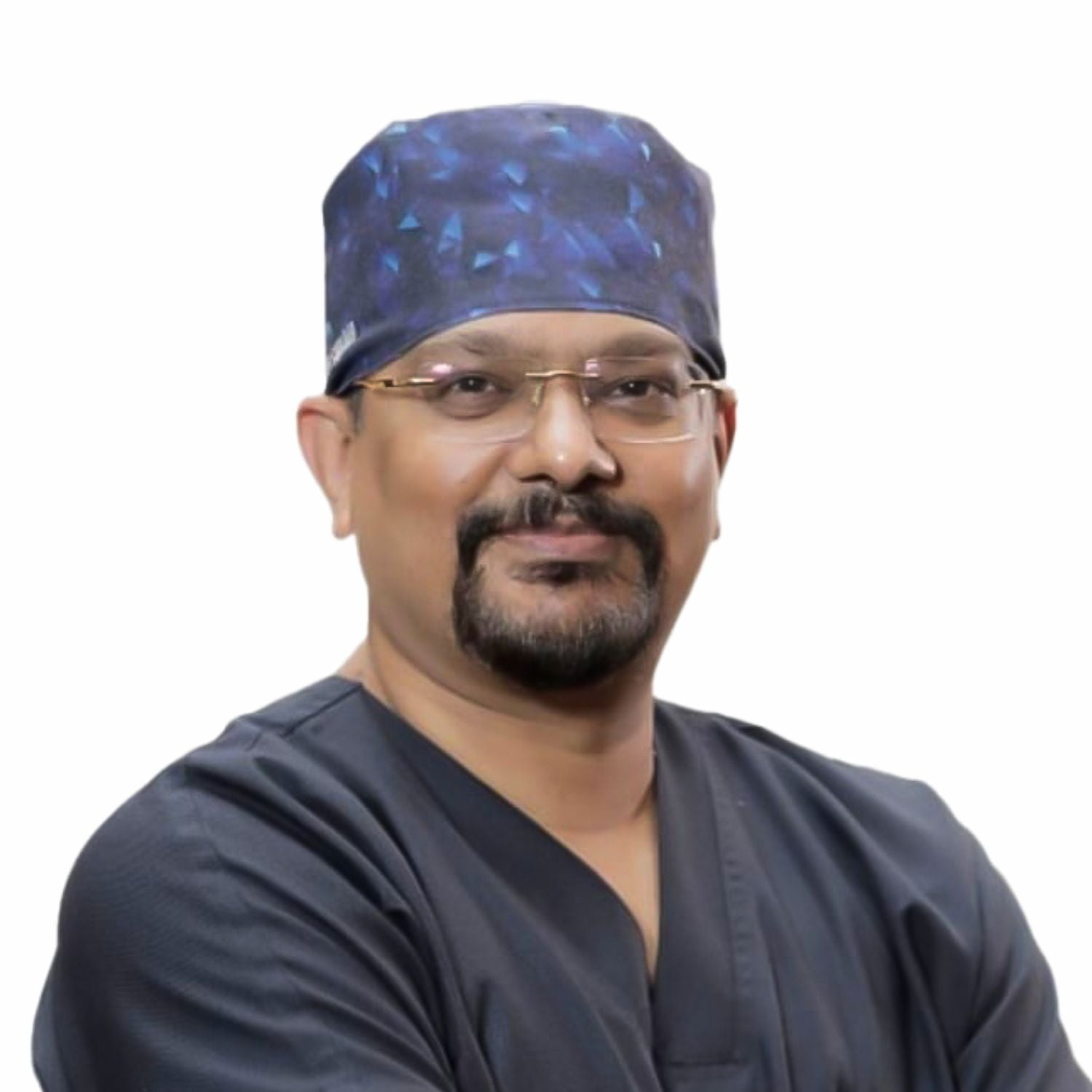Articles & News
Articles & News
Articles & News published by or for Dr. Dhiren Shah
The Week: Integrating AI and Robotics in Healthcare in India
The healthcare sector in India is witnessing a transformative shift with the integration of Artificial Intelligence (AI) and Robotics. As these technologies evolve, they hold immense potential to address some of the critical challenges faced by the Indian healthcare system, such as accessibility, affordability, and quality of care, and offer new solutions and possibilities for a better tomorrow.
Enhancing Diagnostic Accuracy
AI is enhancing diagnostic accuracy, analyzing vast amounts of medical data, including imaging, lab results, and patient history, to assist doctors in making more accurate and timely diagnoses. AI can act as a valuable support tool and AI algorithms can detect early signs of diseases like cancer, diabetes, and cardiovascular conditions enabling early intervention and improved patient outcomes.
Robotic Surgery: Precision and Minimal Invasiveness
Robotic-assisted surgery is gaining traction in India, offering precision and minimal invasiveness. For patients, it is shorter recovery times, reduced pain, and minimal scarring. Robotic surgery is currently being adopted in fields such as urology, gynecology, and cardiac surgery.
Bridging the Gap in Rural Healthcare
AI and Robotics can bridge the gap in healthcare between urban and rural areas by enabling remote monitoring, telemedicine, and automated diagnostics. AI-driven telemedicine platforms can connect patients in remote villages with specialists in urban centers, providing timely medical advice and reducing the need for travel, and access to essential healthcare services for the rural populations.
Personalizing Patient Care
AI has the potential to revolutionize personalized medicine in India. By analyzing a patient’s genetic makeup, lifestyle, and medical history, AI can help create tailored treatment plans that are more effective and have fewer side effects. AI algorithms can predict how a patient might respond to a particular medication, allowing doctors to choose the most suitable treatment option. Personalized care leads to improved patient outcomes, and patient satisfaction, fostering a proactive approach to health management and a more prosperous future for the nation.
AI and BIOSENSORS
Biosensors are leading the way in transforming healthcare in India by providing innovative solutions for health monitoring, disease diagnosis, and timely medical interventions and enhancing patient safety outcomes. These compact, analytical devices can detect biological data, such as glucose levels or the presence of pathogens, and convert it into measurable signals, delivering real-time information crucial for patient care. Biosensors offer a promising solution for monitoring patients with chronic conditions. For example, glucose biosensors are commonly used by diabetic patients to monitor blood sugar levels in real-time, helping them manage their condition more effectively. These devices are easy to use, non-invasive, cost-effective, and provide immediate feedback, making them ideal for regular monitoring and personalized care.
Biosensors are crucial in managing high-risk post-heart surgery patients in wards and at home. This has reduced complications, identified complications in the early phase, and prevented deaths. Marengo CIMS Hospital has utilized this technology in more than 2000 patients and has reduced Code blue in hospitals and prevented catastrophes.
Marengo CIMS Hospital is the first hospital in Asia to have performed Heart Transplant with Zero blood transfusion. This is 1 among 10 hospitals in the world to deploy this technique to heart transplant surgery. This protocol coupled with exceptional surgery skills enables patients to be discharged in just nine to twelve days as compared to the usual 21 to 24 days.
In Blood transplants, point of care uses AI-driven technology to identify the cause of bleeding and treat it hence preventing blood loss. This resulted in us doing a Bloodless heart transplant and then followed by a few Bloodless liver transplants.
Case Study: The Bloodless Surgery was performed on a 52-year-old patient, Chandraprakash Garg, suffering from Ischemic Dilated Cardiomyopathy and end-stage heart failure. Surgeries such as high-end heart transplants require a high amount of blood for transfusion as there is a significant amount of blood spillage during the surgical procedure. Generally considered safe, connected with blood transfusion are potential risks and complications associated with the ill effects of the procedure. The more common risks are blood transfusion reactions that can manifest due to incompatibility between donor’s and recipient’s blood. Transfusion can transmit infections and allergic reactions despite a rigorous screening conducted by blood banks. Bloodless heart transplant surgeries are remarkably intricate, requiring highly skilled medical professionals and the success of these procedures hinges on precision and accuracy.
Dr Dhiren Shah,
Heart Transplant Program,
Marengo CIMS Hospital, Ahmedabad
For more information please call at 9825575933 or
mail us dhiren.shah@cims.org / dhiren.shah@cims.me
Available
Monday to Saturday: 9am - 6pm
Address
CIMS Hospital in Ahmedabad, Gujarat

